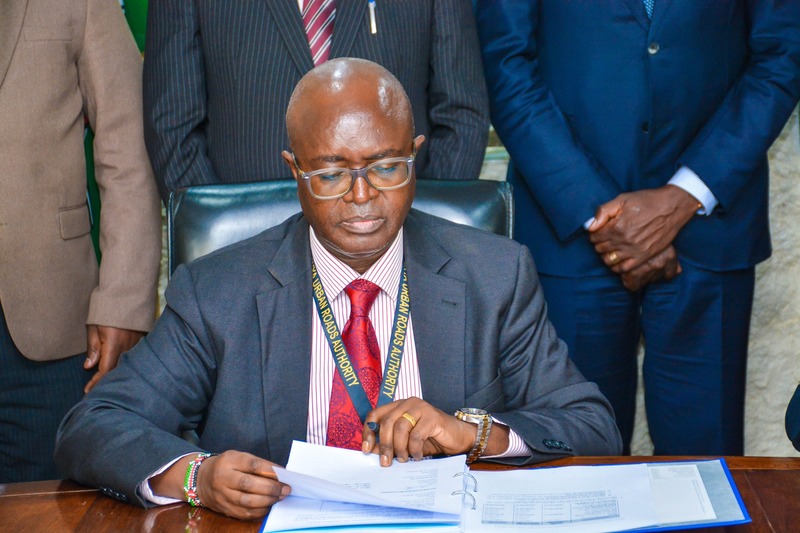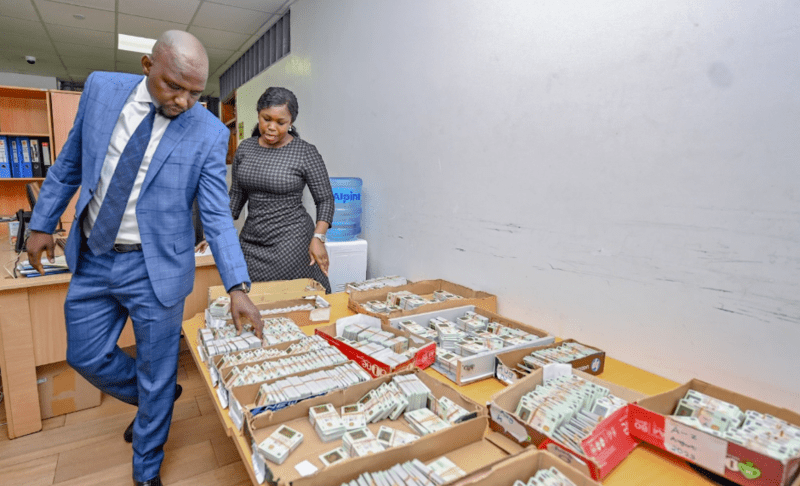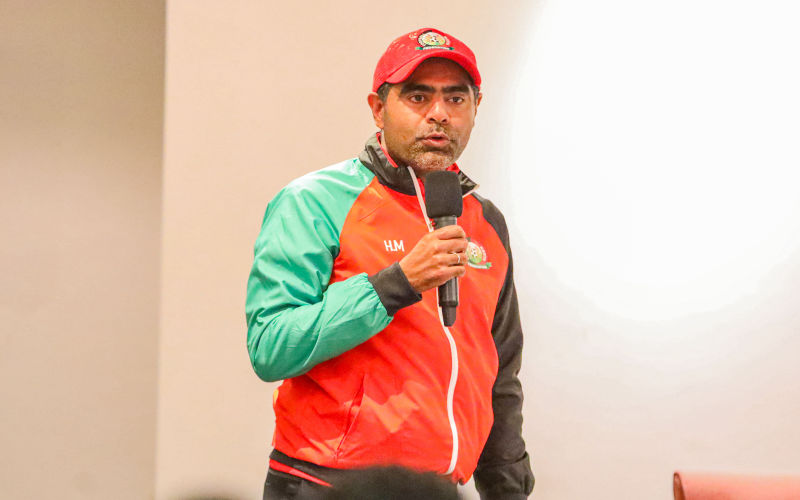KNEC tightens rules to curb cases of cheating in national exams

One of the key measures will be personalising examination papers for each candidate.
The Kenya National Examinations Council (KNEC) has introduced stricter rules aimed at ensuring the integrity of the 2024 national exams and minimising cases of cheating.
One of the key measures will be personalising examination papers for each candidate, a move expected to streamline the marking process and improve transparency.
More To Read
- We have not reviewed hardship allowances for teachers - TSC
- TSC still using 1997 rules to pay hardship allowance, MPs demand urgent review
- MPs demand answers over unfair teacher postings, hardship allowances
- 2024 KCSE learners urged to explore TVET as alternative route to jobs, entrepreneurship
- KNEC diverts rent savings to revive Mitihani House project whose construction started in 1986
- CS John Mbadi pledges permanent placement for 20,000 intern teachers from January 2026
According to KNEC Chief Executive Officer David Njengere, personalised question papers will anonymise answer scripts, reducing the chances of tampering during marking.
"The question papers will be personalised for every candidate. This will help anonymise the answer scripts during marking. More details on this innovation will be shared with supervisors and invigilators during the sub-county briefing sessions," Njengere said on Friday.
This new system is set to be implemented for the upcoming Kenya Certificate of Secondary Education (KCSE) exams, which will be taken by 965,501 candidates across 10,755 centres.
This marks an increase from the 903,260 candidates who sat the exam in 2023.
In addition to the KCSE, KNEC will also administer the Kenya Primary School Education Assessment (KPSEA) to 1,313,913 candidates across 32,573 centres, bringing the total number of candidates for national exams in 2024 to over 2.27 million.
KNEC has also revised its security arrangements for the exams, particularly for the KPSEA. Security officers will now only be involved in the distribution and collection of exam materials, a shift from the previous practice.
However, for the KCSE, the usual deployment of at least two security officers to each exam centre will continue as part of efforts to maintain a secure environment.
Restrictions on mobile phones
A significant change in exam administration is the stricter control of mobile phones.
All people involved in the administration of exams, including supervisors, invigilators, and centre managers, will be required to secure their phones in lockable desks monitored by security officers.
This step aims to reduce the potential for misconduct during exams.
"No phones will be allowed during the opening of the exam papers or while the exams are in progress. Phones will be secured in lockable desks under the supervision of a security officer, with the centre manager holding the key,” Njengere clarified.
Rotational deployment of supervisors
To further strengthen exam integrity, the Teacher Service Commission (TSC) has introduced a rotation system for KCSE supervisors.
According to TSC Director of Staffing Antonina Lentoijoni, supervisors will not be deployed to examination centres where they have personal or professional ties.
“They will be required to declare any affiliations with the examination centres where they will be assigned,” Lentoijoni said, emphasising the importance of avoiding conflicts of interest.
Additionally, the new rotation system will ensure that each KCSE supervisor serves at an exam centre for only one week before being reassigned to another location.
This measure is designed to minimise familiarity with specific centres, enhancing the security of the exam process.
"All KCSE supervisors will be required to serve for only one week at any examination centre. They will keep rotating every week. I am confident that even after we have nominated them, none of them will know the centres they will be assigned to," Lentoijoni added.
Top Stories Today
Reader Comments
Trending












































